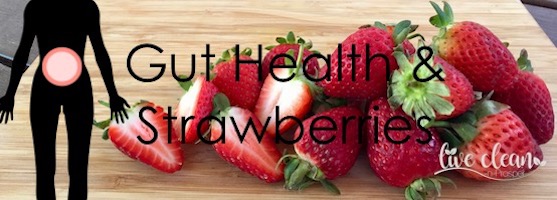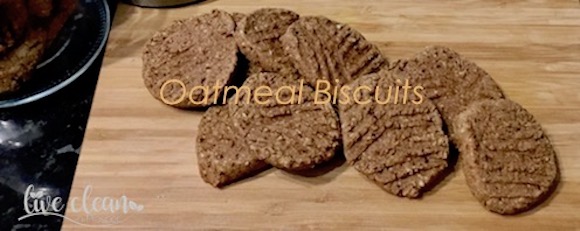Today’s post is about Gut Health and Strawberries.
Lately there has been a lot of focus on Strawberries. All scandals aside, these sweet berries are very good for us. In particular, Strawberries are very good for supporting our gut health.
Very early on in my blog, I wrote about how a healthy gut and its ‘microbiome’ is linked to our overall health.
So, what is the Gut Microbiome?
Our ‘gut microbiome’ is made up of the trillions of microorganisms and their genetic material that live in our intestinal tract. These microorganisms live in the digestive system and play a key role in digesting food we eat; they also help with absorbing and synthesising nutrients.
The gut microorganisms are involved in many other important processes that extend beyond the gut. These organisms contribute to metabolism, body weight, immune regulation, as well as brain functions and mood.
Our gut began to populate with bacteria very early in life. As we grow, there continue to be many things that can shape the bacteria that live in our gut. We all live our day-to-day lives in different environments with different combinations of habits and surroundings. Because of this, our microbiome is like a bacterial fingerprint, uniquely individual.
Some things are difficult to change, like genetics, stressful events or illness. There are other factors we can modify or control, such as our lifestyle behaviours – particularly diet.
What is a ‘Healthy Gut’?
Generally speaking, a healthy gut has a barrier that is effective at keeping the contents of the gut, such as its micro biota, undigested food particles and toxins, from escaping into the bloodstream. Apart from performing all of its usual digestive and regulatory functions, a healthy gut has several other important jobs, including helping to fight off infection.
What about the Strawberries?
Recent research has found that Strawberries contain ‘anti-inflammatory’ compounds that reduce gut inflammation and increase healthy gut bacteria.
Strawberries are also rich in Potassium, which helps reduce high blood pressure.
The presence of ellagic acids and flavonoids in strawberries protect hearts from bad cholesterol.
Strawberries also contain Fisetin which contain antioxidant and anti-inflammatory properties. Studies have shown that Fisetin could help to protect brain cells against the effects of ageing. The Journal Annals of Neurology published that eating strawberries more than twice a week has been shown to delay cognitive ageing by up to 2.5 years.
We have always enjoyed eating Strawberries and it has been great to learn how good they are for us. Not that we needed a reason to eat more of them.
Till the next post,
Live clean n Prosper



